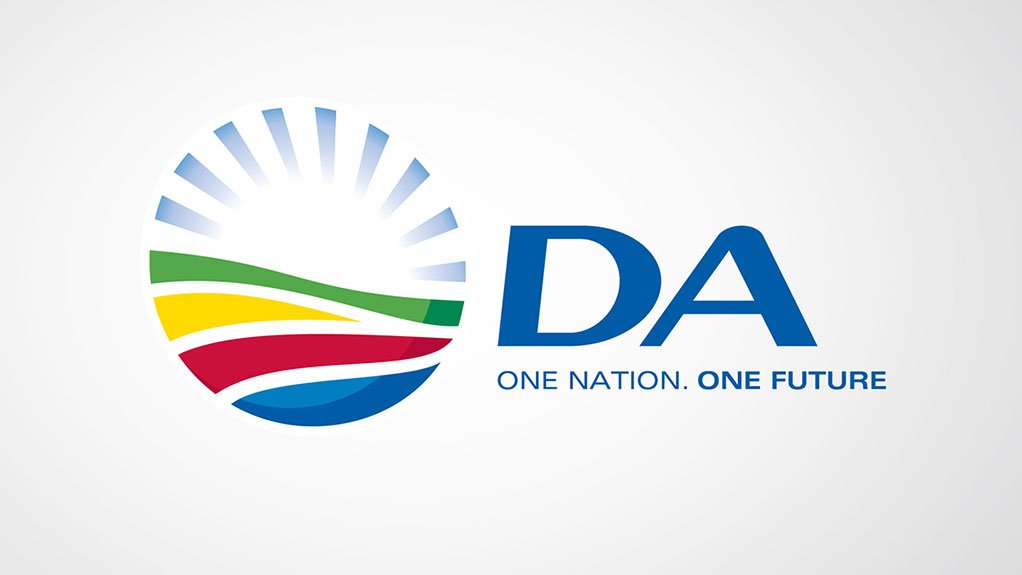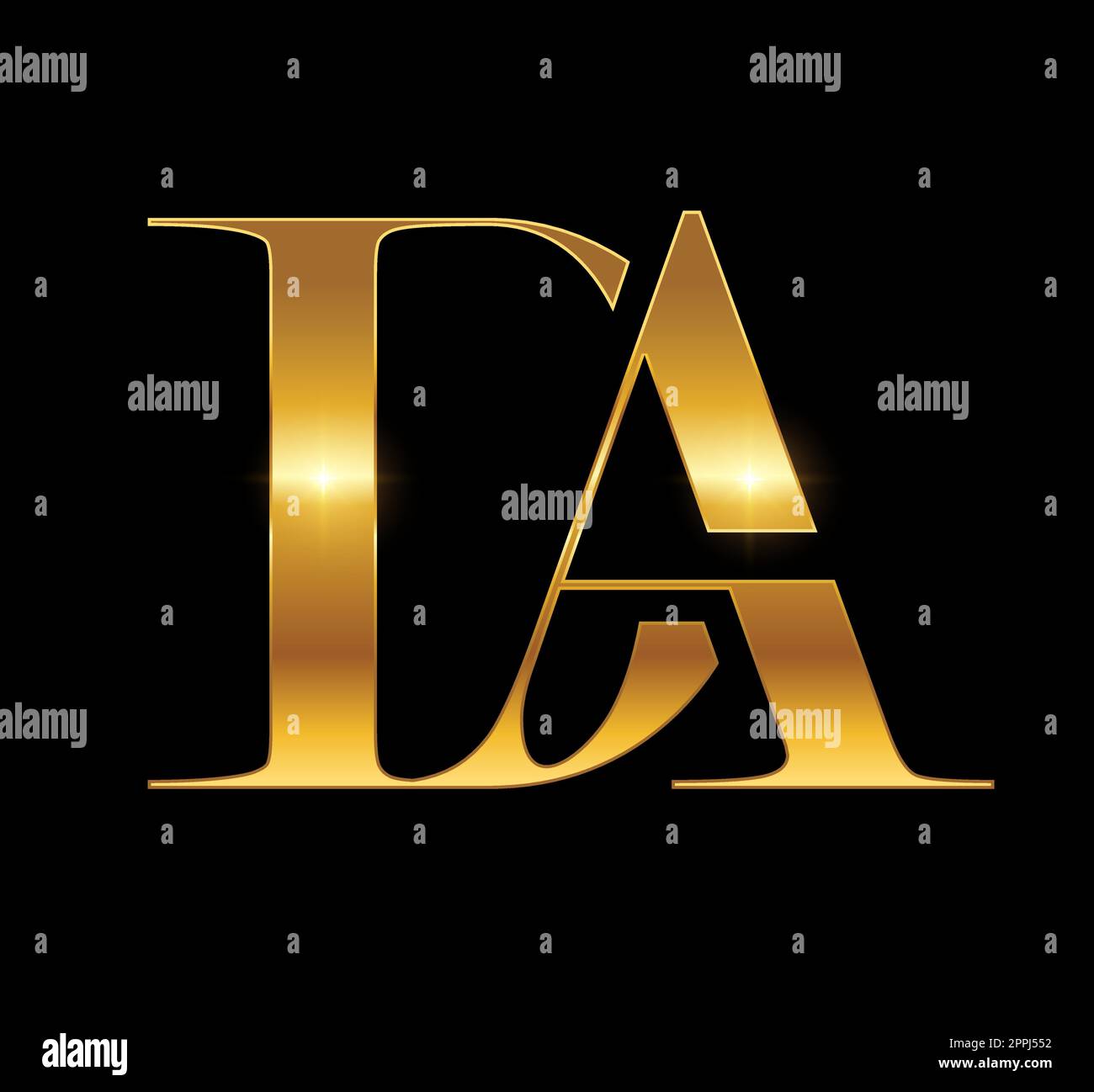📖 Article Content 📖
There's a special feeling, you know, when you step into a place where everyone just gets it. It's that kind of easy comfort, a shared rhythm that makes you feel like you belong, like you're truly part of something bigger. That sense of connection, that feeling of being with your people, is a bit like being "in da clurb we all.fam." It’s about more than just a physical spot; it’s a shared vibe, a collective heartbeat that brings folks together.
It's fascinating, isn't it, how certain phrases or even just sounds can hold so much weight, so many different layers of meaning for various groups of folks? We use words every day, sometimes without really thinking about all the ways they can shift and change, depending on who's saying them or where they're being said. Yet, these tiny shifts are what help us build those connections, to really feel like we’re on the same page with others, forming our own little or big "fam."
So, what happens when a simple sound, just two letters put together, carries a whole world of different ideas? Take "DA," for instance. This little pairing of letters, actually, has so many distinct uses, from the serious halls of justice to a casual chat with a loved one, and even to a particular style from a bygone era. It's almost like each meaning represents its own little corner of our collective "clurb," where everyone, in some respects, finds a place.
- Neuro Gum Net Worth
- Ebony Lesbians Kissing
- Spiraling Spirit The Locker Room
- Nicoise White Chicks
- Diving Split Face
Table of Contents
- What's the Vibe in da clurb we all.fam?
- When Words Bring Us Together: The Many Sides of "DA"
- Who's the "DA" Protecting Our Streets?
- Everyday "DA" - A Simple Sound, So Much Meaning
- How Does a Haircut Fit in da clurb we all.fam?
- Beyond the Usual: Other Ways "DA" Shows Up
- Why Does "DA" Have So Many Different Meanings in da clurb we all.fam?
- Finding Our Place in the Big Picture
What's the Vibe in da clurb we all.fam?
You know that feeling when you walk into a place, and the atmosphere just feels right? It’s not about the fancy decorations or the loud music; it’s about the people and the shared energy. That's the essence of "in da clurb we all.fam." It’s a way of talking about a group where everyone feels connected, like they’re part of a bigger, supportive unit. It could be your close circle of buddies, your actual relatives, or even a community of folks who share a common interest. What really ties it all together is that sense of belonging, that quiet comfort that says, "You're one of us." It's about a collective spirit, a common thread that runs through everyone present, making the space feel like home.
This sort of closeness, this "fam" feeling, is something we all, kind of, look for, isn't it? We crave those spots where we can truly be ourselves, where our quirks are celebrated, and where we feel a sense of security. It’s a place where you can drop your guard, where you don’t have to put on a show, and where the unspoken understanding between people is what truly binds them. This could be a small gathering in a living room, a group online talking about a shared passion, or even a whole neighborhood coming together for a common cause. The specific setting, really, isn't what matters most; it's the genuine connection, the feeling that you're not walking alone.
So, when we say "in da clurb we all.fam," it's more than just a casual phrase. It’s a statement about unity, about finding your tribe, and about the deep-seated human need to belong. It speaks to the idea that despite our individual differences, there are fundamental things that bring us together, creating a powerful sense of togetherness. This collective spirit is what helps us get through tough times and celebrate the good ones, always knowing that there are people who have our back. It’s a pretty powerful idea, when you think about it, how a few simple words can convey such a profound sense of community and shared purpose.
When Words Bring Us Together: The Many Sides of "DA"
It’s pretty cool, how a short sound, just two letters, can mean so many things depending on who’s saying it and what they’re talking about. This little "DA" is a great example of how language works, how it shifts and adapts to fit different situations. Sometimes, a word like this can act like a secret handshake, letting you know you’re part of a particular group, or that you share a certain understanding. It's almost like a tiny key that unlocks different rooms in our shared house of words. We use these little bits of language to signal things, to make connections, and to show that we get what someone else is saying, even if it's not super obvious at first glance.
The way we use words, you know, can tell a lot about our background, our interests, and even the people we spend time with. "DA" is a really good case in point. It shows up in very serious, formal settings, but then it pops up in casual chats, too. This flexibility, this ability to change its hat depending on the situation, is what makes it so interesting. It’s a bit like a chameleon, blending into its surroundings, yet always carrying its core sound. This adaptability helps us communicate more effectively, allowing us to be precise when we need to be, and relaxed when the moment calls for it.
So, when we look at "DA," we're not just looking at an abbreviation or a sound. We’re actually seeing a reflection of how diverse our communication can be, and how different groups of people find their own special ways to express themselves. It’s a small piece of a much larger picture, a testament to the richness of human expression. Every time someone uses "DA," they're, in a way, adding to its story, giving it another layer of meaning that contributes to our collective understanding of the world. It’s a pretty neat thing, how a simple sound can carry such a varied collection of ideas.
Who's the "DA" Protecting Our Streets?
When you hear "DA" in the context of keeping our communities safe, it points to a really important person. This person, often called a district attorney, is a kind of public lawyer who works for the government. Their main job is to speak for the people in criminal matters. They’re the ones who look at cases where someone might have broken the law and decide how to move forward. It’s a big responsibility, ensuring that fairness is sought and that rules are followed to keep everyone safe. They play a very big part in the setup we have for handling law and order, acting as a key figure in that system.
This individual, the district attorney, or "DA," has a role that’s pretty much at the heart of how our legal system operates. They aren't just some random lawyer; they are the ones tasked with making sure that when wrongs happen, there’s a path to justice. Think of it like this: if someone does something that hurts the community, the "DA" is the one who steps up to represent that community’s voice in court. They work with law enforcement, gather information, and then present the facts to a judge or jury. It’s a serious job that requires a lot of careful thought and a commitment to doing what’s right for everyone involved.
And it’s not just the main "DA" either. There are also assistant district attorneys, or "ADA"s, who work alongside them. These folks are also lawyers who stand in for the state government, helping to manage the many cases that come through the system. They are, in a way, the backbone of the office, handling a lot of the day-to-day work that keeps things moving. Together, this team of legal professionals works to uphold the rules and keep our neighborhoods secure. Their work, you know, is a big part of what makes our communities function, helping to keep things orderly and safe for all of us.
Everyday "DA" - A Simple Sound, So Much Meaning
Beyond the serious legal stuff, the sound "DA" pops up in our everyday chats in ways that are, honestly, pretty cool and varied. Sometimes, it’s just a casual way to say "yes" or to show you agree with something someone just said. Like, if a friend asks, "Want to grab a coffee?" you might just respond with a quick, "Da!" It’s short, it’s sweet, and it gets the point across without needing a whole lot of extra words. This kind of use is very common in many languages, making it a truly global little sound.
Then there’s the use of "DA" as a kind of warm, informal way to talk about a father figure. It’s a term of endearment, a bit like saying "Pop" or "Dad," but with its own special feel. This usage, you know, carries a sense of closeness and family connection. It’s the sort of word you might hear in a cozy home setting, a simple way to refer to the person who helps guide you. It shows how language can shrink down to its simplest form and still carry so much warmth and personal meaning, creating a bond within the "fam."
And, interestingly enough, "DA" can also point to a location, acting like a tiny directional cue. This is seen in some languages where it might mean "at" or "in" a certain place. So, a small sound can tell you not just what’s happening, but where it’s happening, too. It’s a really neat example of how context completely changes what a word means. These different everyday uses of "DA" really show how flexible and adaptable our language is, allowing us to communicate a wide range of ideas with just a minimal sound.
How Does a Haircut Fit in da clurb we all.fam?
Now, this next meaning of "DA" is a bit of a fun one, and it certainly shows how varied our language can be. "DA" can also refer to a specific kind of haircut, often called a "duck's ass" or "duck's arse." This particular style was, you know, really quite popular back in the 1950s. Think about the greased-back hair, often with the sides combed back to meet in the middle at the back, creating a shape that looked a bit like a duck’s rear end. It was a very distinct look that spoke volumes about the person wearing it and the times they lived in.
This haircut, the "duck's ass," was more than just a way to style your hair; it was a statement. It was part of a whole cultural scene, a look adopted by folks who were part of a certain youth movement during that era. Wearing this style meant you were, in a way, part of a particular "clurb," a group that shared a certain attitude and fashion sense. It wasn’t just about looking good; it was about showing you belonged to a specific subculture, a kind of shared identity that linked people together through their appearance.
So, when we think about how a haircut, like the "duck's ass," fits into the idea of "in da clurb we all.fam," it’s about shared history and common experiences. It’s a reminder that culture, fashion, and even hair trends can create powerful bonds between people, forming a kind of extended family. People who sported this look were, in some respects, part of the same crew, connected by their choice of style and the period they lived through. It’s a pretty cool example of how even something as simple as a hairstyle can be a marker of belonging and a shared cultural past.
Beyond the Usual: Other Ways "DA" Shows Up
It’s pretty interesting, how a simple two-letter combination like "DA" can pop up in even more unexpected places, stretching its meaning far beyond what you might first think. This versatility, this ability to signify so many different things, is what makes language so rich and, actually, a bit playful. Sometimes, these less common meanings are specific to certain fields of study or very particular discussions, showing just how specialized language can get. It’s like finding little hidden rooms in our big house of words, each with its own unique purpose.
For instance, there's a concept called the "Doomsday argument," which is, you know, a very different kind of "DA." This idea comes from the world of numbers and predictions, trying to figure out how many people will ever be born, based on current population trends. It’s a probabilistic argument, which means it uses likelihoods to make a guess about the future of humanity. This is a topic that might be discussed in academic circles or among folks who enjoy thinking about big, abstract ideas. It’s a far cry from a haircut or a legal proceeding, showing just how broad the reach of "DA" can be.
This kind of "DA" shows us that even in very specific, technical discussions, simple abbreviations can take on very deep and complex meanings. It's a reminder that language is always growing and adapting, creating new shortcuts and new ways to talk about very particular concepts. These specialized uses are, in a way, like secret codes for those "in the know," creating their own exclusive "clurb" of understanding. It really underscores how much meaning can be packed into such a tiny linguistic package, depending on the context and the people using it.
Why Does "DA" Have So Many Different Meanings in da clurb we all.fam?
So, why does this little "DA" have such a wide array of meanings? It’s a really good question, and the answer, actually, has a lot to do with how language itself works. Words are not fixed things; they are living, breathing parts of our communication that change and grow over time. They pick up new meanings, shed old ones, and adapt to fit the needs of different groups of people. This constant movement is what keeps language vibrant and useful for all of us, allowing it to serve many purposes within our collective "fam."
One big reason is context. The situation in which a word is used completely changes what it means. Think about it: when you’re talking about someone going to court, "DA" immediately brings to mind a legal professional. But if you’re at a family dinner and someone says "Ask da," you pretty much know they mean "Ask Dad." The setting, the people involved, and the overall topic of conversation all give us clues about which meaning to pick. It’s like our brains are constantly doing a quick check, making sure we’re on the right page with everyone else.
Another reason for this variety is the nature of abbreviations and slang. People naturally look for shorter ways to say things, especially in fast-paced conversations or when they want to create a sense of shared shorthand within a group. "DA" is a very short sound, easy to say, and easy to remember. This makes it a perfect candidate for becoming an abbreviation for many different things, from formal titles to casual terms. These linguistic shortcuts, you know, help us communicate more efficiently and also build a sense of camaraderie within our respective "clurbs."
Also, the sheer number of different communities and fields of knowledge we have means that many groups will create their own specific uses for common sounds or letters. A word like "DA" can be like an empty vessel that different groups fill with their own particular meaning. So, what "DA" means to someone working in the legal system is very different from what it means to someone discussing historical fashion, or even someone just chatting with their family. This shows how language is, in some respects, a reflection of our diverse human experiences and the many ways we connect with each other.
Finding Our Place in the Big Picture
When we look at a simple sound like "DA" and see all the different things it can represent, it gives us a pretty good idea of how interconnected our world of words really is. It’s a bit like seeing all the different people who make up a community, each with their own story, yet all contributing to the larger picture. From the serious work of keeping communities safe to the everyday warmth of family chats, and even to the specific styles of a past era, "DA" touches on so many aspects of human life. It’s a testament to the way language is always in motion, always finding new ways to express itself.
This idea of "in da clurb we all.fam" really comes to life when we consider how these varied meanings of "DA" can coexist. It's not about one meaning being more important than another, but about recognizing that each one serves a purpose for a particular group or situation. It shows that even though we might use the same sounds, the context we put them in creates a unique understanding. This ability to adapt and share meanings is what helps us build bridges between different groups and truly feel like we belong, no matter which "clurb" we’re in at the moment.
So, the next time you hear "DA," take a moment to think about all the different hats it might be wearing. It’s a small sound, but it carries a whole lot of weight, connecting us to legal systems, family bonds, cultural trends, and even abstract ideas about humanity’s future. It's a neat reminder that language is a shared space, a big club where everyone, in a way, finds their place, and where we all, truly, are family.



